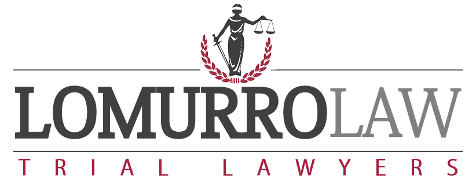Evidence Shows Johnson & Johnson Hid Talcum Powder Link to Ovarian Cancer for 40 Years
Within three months, two juries hit pharmaceutical giant and talcum powder manufacturer Johnson & Johnson (J & J) with verdicts ordering the company to pay a total of $127 million in damages to women who claimed years of talcum powder use caused ovarian cancer.
Prevention is crucial for a disease with symptoms that are easy to miss until the cancer has spread too far for doctors to treat a patient effectively. Yet, women could not avoid a product with the potential to increase their chances of ovarian cancer because they were not aware of the risk. It has to come to light that Johnson & Johnson, however, has known of the risk for 40 years, yet has yet to include any warning on its talc-based products.
In February 2016, and May 2016, despite conflicting scientific evidence regarding talc’s contribution to ovarian cancer, two separate juries determined J & J should have warned the public of the risk. The fact that they purposefully did not is considered negligence.
One jury foreperson stated that evidence in the form of internal corporate documents made it very clear they were hiding something, including:
- A 1992 memo acknowledging the continued “negative publicity from the health community on talc (inhalation, dust, negative doctor endorsement, cancer linkage).”
- Documents that show J & J’s lobby group, the Talc Interested Party Task Force (TIPTF) issued false information concerning talc’s safety to consumers, as well as exerted its political and economic influence to sway regulatory bodies throughout the 1990s.
- A 1997 letter from an outside consultant for Johnson & Johnson to the company’s manager of preclinical toxicology rebuking the TIPTF’s research as incompetent, misleading and completely untrue and warning that ignoring the connection between talc use and ovarian cancer risks tarnishing the company’s image and reputation.
- Memos between executives at J & J’s co-defendant Imerys (formerly named Luzenac) regarding a visit to the University of California at Irvine’s head of epidemiology seeking information on stopping any rumors circulating about ovarian cancer and its possible link to talc use.
- In 2006, the World Health Organization’s cancer agency declared perineal use of cosmetic-grade talc a possible carcinogen. By the end of the year, Luzenac discontinued funding for studies aimed at proving talc’s safety and added a warning to the safety data sheet included with its bulk talc stating that perineal use of the talcum powder is a possible risk factor for ovarian cancer.
Despite the lack of decisive scientific evidence, jurors apparently believe a company should warn the public if there is even a hint something in a product could pose a risk to women’s health. Johnson & Johnson, on the other hand, continues to refute the existence of a cancer link and plans to appeal the verdicts.
Recent verdicts prompted thousands of women to come forward to inquire about potential lawsuits, adding to the approximately 1,200 talcum powder lawsuits currently pending. If you or a loved one suffer from ovarian cancer, or succumbed to the disease and used talcum powder, contact leading New Jersey product liability attorneys today for an evaluation of your case. We have extensive experience fighting large corporations like Johnson & Johnson. Our goal is securing the compensation you deserve for your injuries. Call our New Jersey office at 732-482-9285 or contact us online to schedule a consultation and case review.
